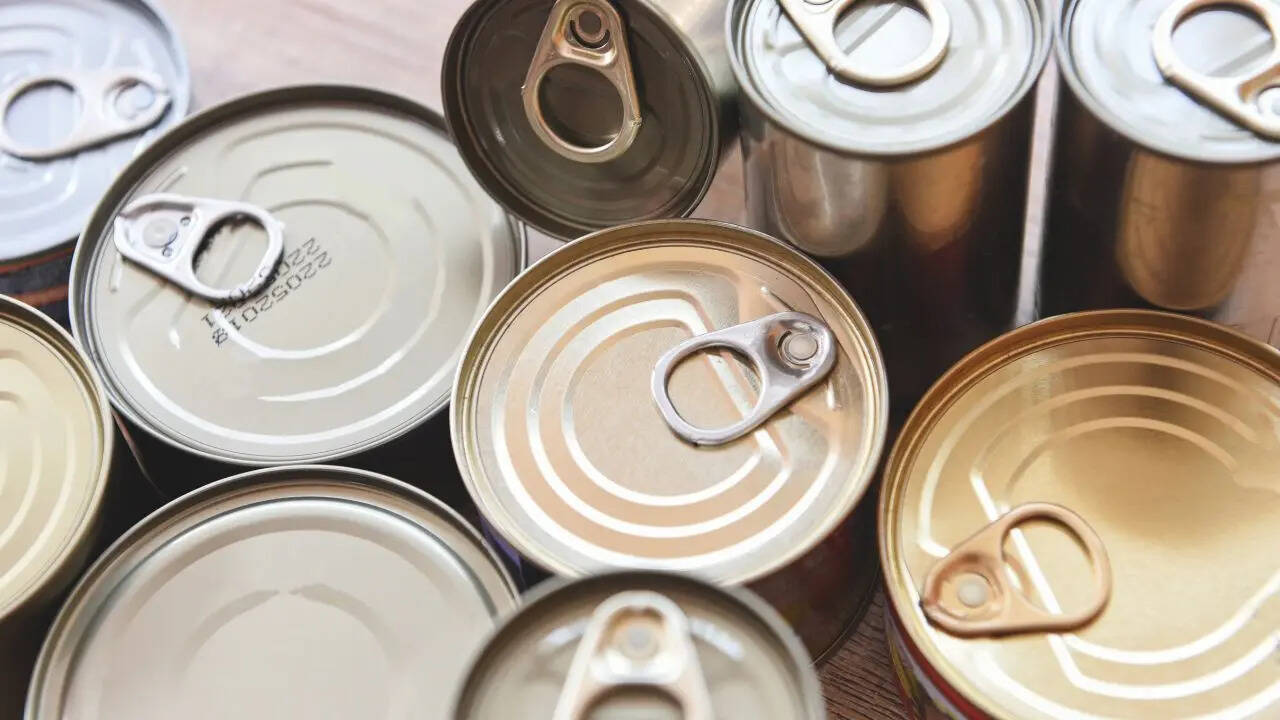Doctor Issues Warning Against Eating From Dented Tins; Here’s Why

Credits: Canva
SummaryBotulism is a rare but dangerous illness caused by a toxin that attacks the nerves and can lead to muscle paralysis and breathing problems. It is most often linked to contaminated or improperly stored food, including damaged or dented cans. Keep reading for more details.
End of Article
